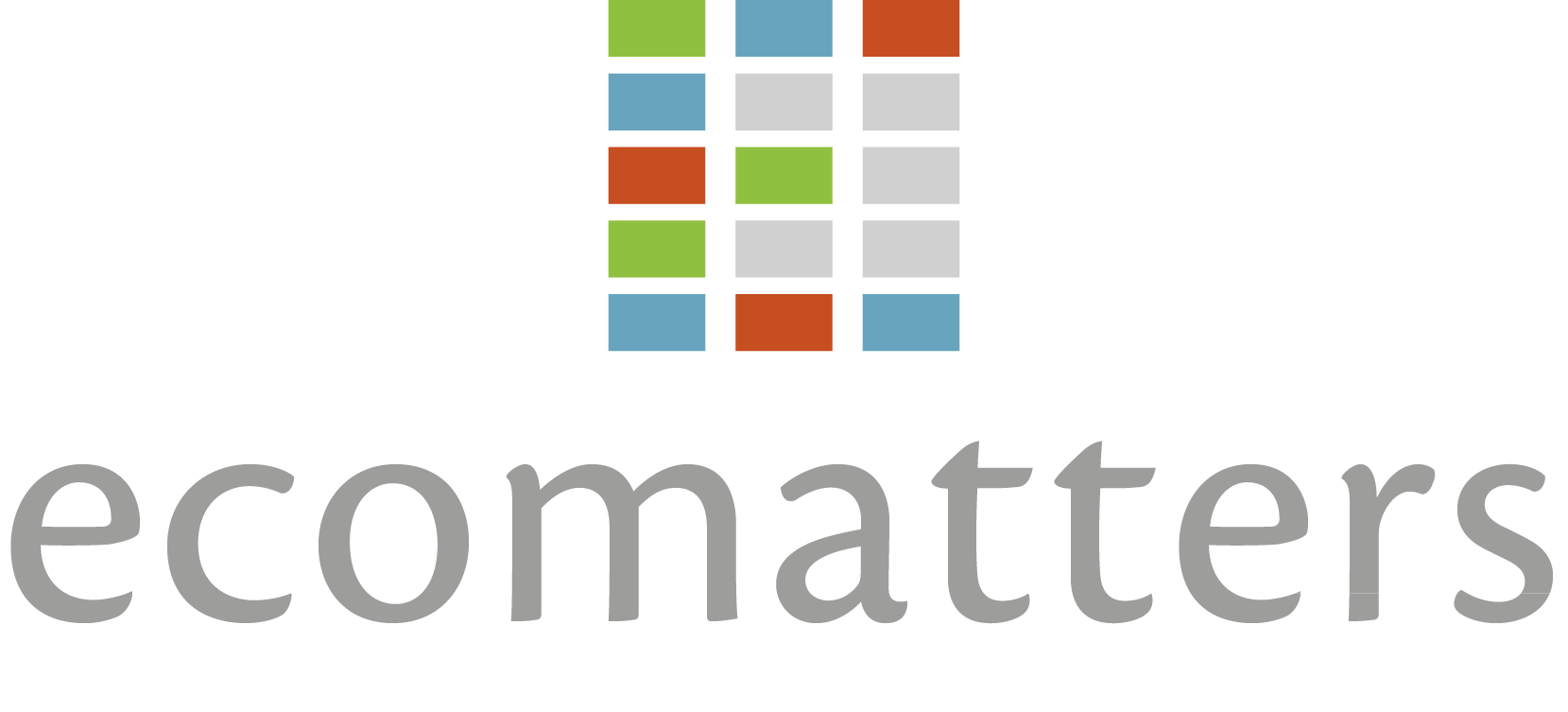Why Integrated Reporting matters for your organisation
The Integrated Reporting Framework provides a structured method for combining financial and non-financial performance into a single, coherent report. This presents a complete and transparent picture of the company’s performance by linking financial data with sustainability matters such as environmental impact, governance, and social responsibility.
What is the Integrated Reporting Framework?
The Integrated Reporting Framework is a globally recognised approach to corporate reporting. Developed by the International Integrated Reporting Council (IIRC) and now overseen by the IFRS Foundation, the framework emphasises integrated thinking—a process that encourages businesses to assess the interdependencies between six different forms of capital: financial, manufactured, intellectual, human, social & relationship, and natural.
Rather than producing separate reports for financial results, sustainability, and governance, an Integrated Report consolidates these aspects into a single annual document. This approach ensures that organisations present a clear narrative on how they create, maintain, or reduce value over time.
Why is Integrated Reporting important?
Demonstrating proactiveness through structured transparency
Just as financial reporting signals sound management, integrated reporting enables companies to demonstrate proactiveness in improving sustainability performance. By using a recognised framework, organisations can present non-financial information in a consistent, verifiable way—meeting stakeholder expectations and reinforcing accountability.
Enabling data-driven strategic decisions
Integrating financial and non-financial metrics supports informed decision-making across the organisation. With clearer visibility into how ESG factors influence financial performance, companies can steer strategy, prioritise investments, and manage risks more effectively strengthening internal control and long-term resilience.
Credible to investable
Reliable, transparent reporting on value creation—beyond just financials—boosts confidence among investors and other stakeholders. A clear narrative, backed by performance data, enhances a company’s reputation and investment potential in an environment where ESG considerations are becoming central to capital allocation.
How to implement the Integrated Reporting Framework
1. Adopt an integrated thinking approach
Integrated thinking is the foundation of effective reporting. It requires intra-organisation communication between departments to ensure that decision-making processes consider financial and non-financial factors while taking a long-term perspective. The central concept is how value is created, preserved or reduced by the company. These effects on value are expressed through their impact on the six forms of capital.
2. Align with the guiding principles
The Framework is built around seven key principles:
- Strategic focus and future orientation: Reports should highlight long-term goals and strategic vision of the business in relation to creation, preservation or reduction of value.
- Connectivity of information: Ensure that all reported information interlinks coherently.
- Stakeholder relationships: Address how the company engages with key stakeholders.
- Materiality: Report on ESG matters that significantly impact value creation in the short, medium and long term.
- Conciseness: Avoid unnecessary complexity in reporting.
- Reliability and completeness: Present a fully accurate and balanced view.
- Consistency and comparability: Through annual reporting performance can be monitored over time.
3. Content elements of an Integrated Report
An Integrated Report should answer the following key questions:
- Organisational overview & external environment: What does the company do, and what external factors influence it?
- Governance: How does leadership support value creation?
- Business model: What are the key inputs, activities, and outcomes?
- Risks & Opportunities: What challenges and prospects affect the organisation?
- Strategy & resource allocation: How does the company plan for the future?
- Performance: How has the business performed across all capitals?
- Outlook: What are the expectations for future growth and risk management?
Partner with Ecomatters for expert guidance
Ecomatters has over ten years of experience in corporate sustainability reporting, including other sustainability reporting frameworks and standards which are complementary to the Integrated Reporting Framework, for example: GRI, ESRS (CSRD). If your organisation is looking to adopt Integrated Reporting or enhance its sustainability disclosures, reach out to us today. Schedule a call with one of our experts to discuss how we can support your reporting journey.
Reporting standard services
Contact us
Brienne Wiersema
Maria Haneveer
Case studies
Ecomatters supported AkzoNobel in their 4-Dimensional Profit and Loss Accounting…
Call with our consultant
Do you want to know more about how we can help? Schedule a call with one of our consultants to ask your questions.




